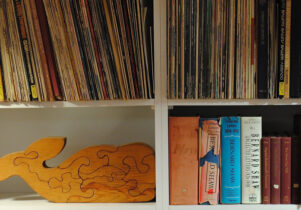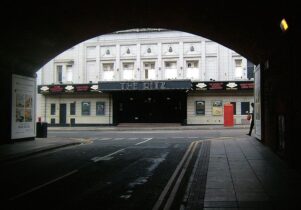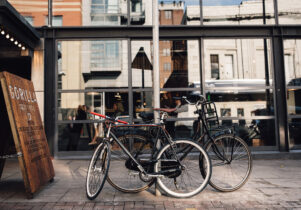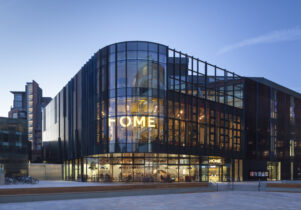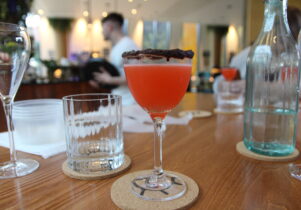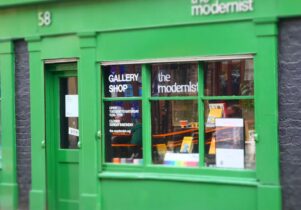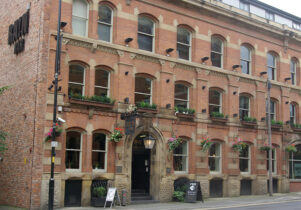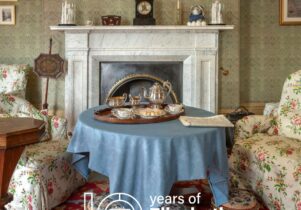Hayling Island: Stories at Sea Level at Burgess Foundation
Sarah-Clare Conlon, Literature Editor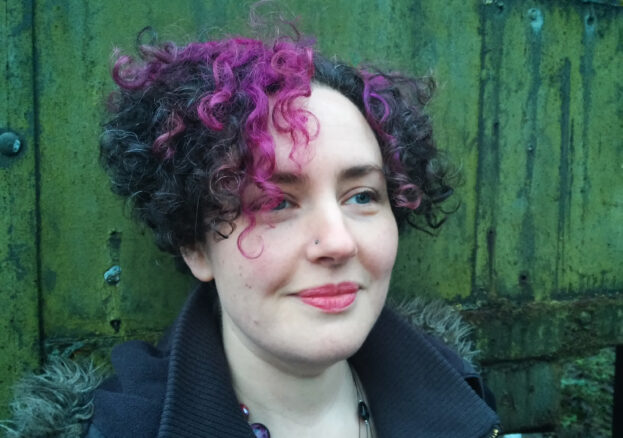
Here on the CT Literature desk, we like a few things other than words, and one of those is maps. Hayling Island: Stories at Sea Level is therefore right up our street, telling tales of life on the edge through a digital story map and a series of spoken word events, each giving momentum to the narrative.
So far, the project – combining short stories, soundscapes, visual art and the creative forces of four artists – has dropped into Durham Book Festival, gathering more anecdotal evidence, and Hayling Island itself, by way of the local library there. So where is Hayling Island, exactly? Well, it’s just off the south coast of Hampshire, not far from Portsmouth, and even though it’s just four miles long and completely surrounded by sea, it has plenty of tales to tell.
Refugees, tourists, circus acts, smugglers, military personnel, a destitute Russian princess and escapees from the industrial mainland: these are the people who welcome you to Hayling Island. It is a place of resilience and contrasts, we’re told, and as the sea level rises, there are no climate change deniers to be found.
Acclaimed writer Michelle Green (pictured) – recently seen at Manchester Literature Festival’s Protest! event – was born on Hayling (to its friends) and although she moved away when she was just two years old, is intrigued by the place. Having only hazy memories herself, she has drawn upon the tales of her family, their friends and the island folk she has met as a result of her research.
Along with creative non-fiction author, literary geographies consultant and Senior Lecturer in English at Manchester Metropolitan University Dr David Cooper, Michelle has taken the place as a starting point for a collage of stories, historical documents, hand-drawn elements and recordings, real and made, for interactive artist Maya Chowdhry to turn into a digital story map and for artist, engineer and facilitator in sound Caro C (a “sonic enchantress”, according to BBC R3) to turn into a unique piece of music that responds to the sonic environment of the island.
Looks and sounds promising!


